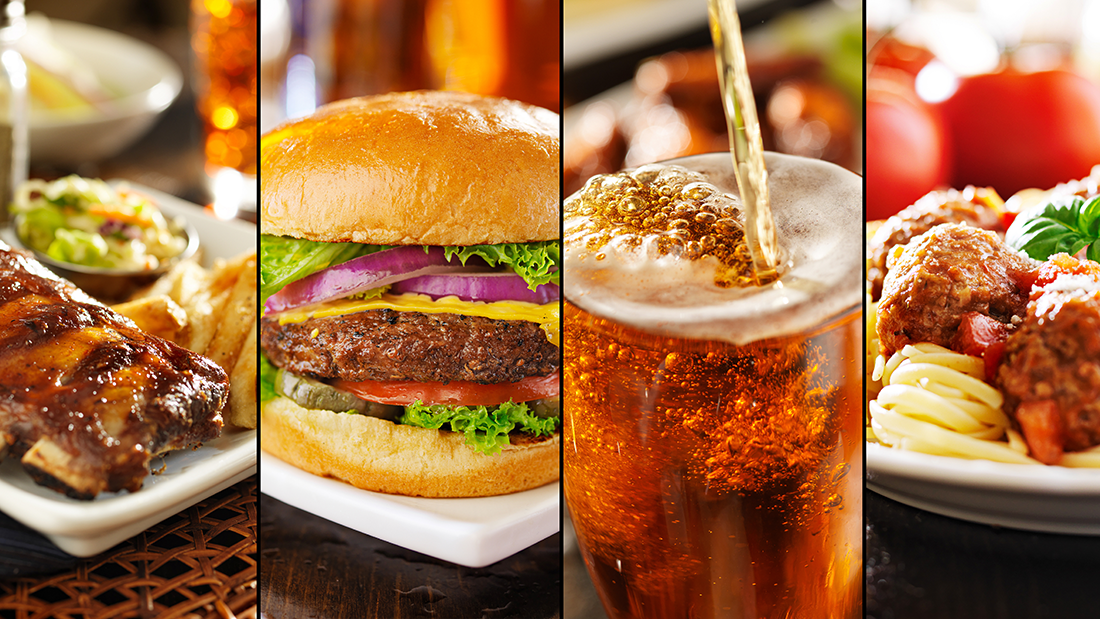The quality of food, service, ambiance, location, and pricing are the main factors that determine the success of a restaurant in the real world. But none of these factors has any bearing on the success of its website. Instead, the user experience that a restaurant website provides determines its effectiveness.
So, what makes a winning restaurant website?
A restaurant website should establish brand continuity and be a reliable source of information. It should be easily accessible, relevant, and attractive.
This article will examine the essential elements required for creating an excellent restaurant website, so stick around.
6 Essential Elements of a Winning Restaurant Website
You can do many things to make your restaurant's website stand out from the competition.
We sat down with experts from top user experience design firms and digital marketing agencies for this guide. Together, we came up with six elements we consider crucial for a top-notch restaurant website design. Let's check them out!
Accurate Brand Representation
Restaurant websites serve (no pun intended) as a valuable resource for learning about what a customer can expect at the restaurant. In general, your site visitors want to know about the type of food served, the price, the ambiance, and what makes the restaurant unique.
Therefore, a winning restaurant website should serve as its virtual representation. The site's content and appearance should align with the restaurant's style and atmosphere. The branding should be consistent with the restaurant's identity, ensuring brand consistency.
Up-to-Date & Relevant Info
Through your website, a guest should be able to find all the information they need about your restaurant in one place. This includes the hours of operation, contact details, and online booking. Pricing details and the menu should also be included. More on that a bit later.
Your website should also contain information about your location. Embedding Google maps will let users receive directions in real-time. It will be easier for them to plan their visit this way. If possible, also provide information about upcoming events, promos, and discounts on the website.
You should also provide links to your social media accounts so they can follow you, daily, online. These links are best kept in either the footer or the upper menu of your website.
Menu
Menus help customers decide two things:
Whether they want the food served in a restaurant
Whether they afford it
You will attract the correct type of customers if you include a menu with prices on your website. It's a great way not only to impress prospective customers but showcase popular and unique dishes.
A good menu should be easy to use and elegant. Please stay away from PDF menus as they aren't mobile-friendly. Use HTML instead. Each menu item's price should be included since it influences the customer's decision.
Finally, make sure the prices and items always reflect the current menu at the restaurant.
Simple Navigation
Your restaurant website should not only contain relevant information about your business, but it should also be easy to navigate. Keep in mind that not all visitors are tech-savvy. Therefore, it's crucial to present the information so that it's easy to find.
Design a text-based navigation menu with a simple layout. Your home page should include basic information such as the operating hours and phone number. Make it easy for the user to find the most important pages like Contact Us, Reservations, Location, Menu, and About Us.
Mobile-Friendliness
Mobile devices are more widely used than desktops and laptops for browsing the internet. This means that you need a mobile-friendly website. Additionally, having a mobile-oriented website helps with search engine optimization and boosts your ranking.
Select a responsive design for your website so that it displays well on mobile devices of all kinds. Also, make it easier for mobile device users to fill out any contact forms, and make it possible for visitors to click on the phone number and directly call you.
Because mobile customers typically have limited storage on their mobile devices, avoid downloadable file formats (like PDF menus) to improve usability.
Guest Testimonials
Good reviews and customer comments are an excellent source of social proof, increasing your restaurant's credibility.
When deciding whether or not to visit a new restaurant, customers typically read reviews and testimonials first. While it is true that the vast majority of users put more trust in reviews found elsewhere rather than on the restaurant site itself, it doesn't hurt to have a few positive opinions of your business on the website.
Make the most of the positive comments and ratings on social media platforms and sites like TripAdvisor by adding them to your site as well.
Adding favorable press reviews or awards is also an option. In the minds of prospective customers, they enhance the business' image and generate an excellent first impression. This gives you an advantage over your competitors.
Wrapping Up
A winning restaurant website can be a valuable asset to your business. It will help you build your brand and establish your credibility in the online world. You should ensure that it is a reliable source of business information and that it is updated regularly.
As far as design goes, it should reflect the personality and style of the restaurant. This website should present a positive image of the restaurant and be easy to use.
With the elements listed above, you can easily set your restaurant up for success on the web. Good luck and bon appétit!






